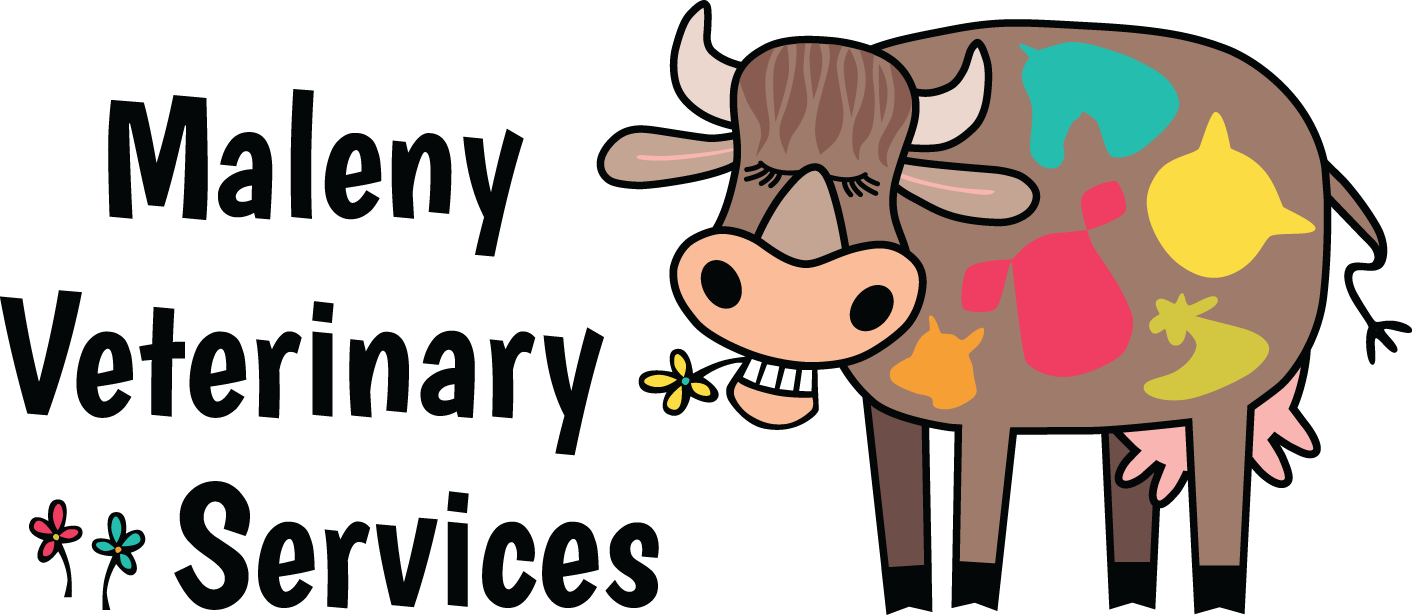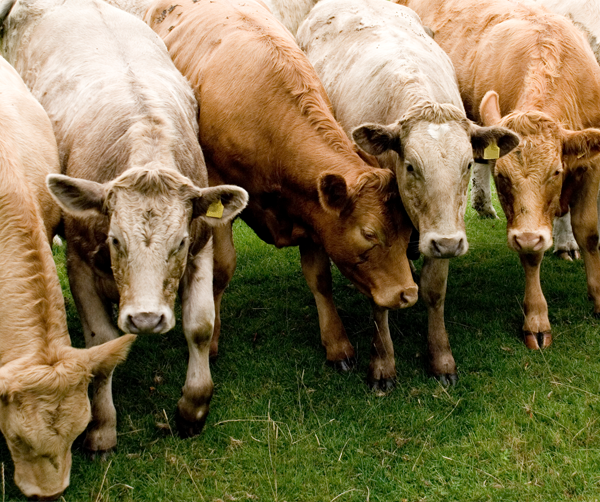You may have been hearing about Foot and Mouth Disease in the News recently, but what is it and why are we hearing about it suddenly?
Foot and Mouth Disease (FMD) is a virus that effects all cloven foot animals (cattle and pigs mainly, but also sheep, goats, camelids, and buffalo. Disease is not seen in horses). The disease causes blisters to form on the feet and mouth, and while this rarely causes death, it can affect productivity (weight gain and milk production etc.) and be painful.
Why is it so important?
When a property has a positive animal, it becomes very difficult to contain the virus from spreading to other stock within the property and between properties. It is transmitted through aerosol, direct contact or in the environment (pasture, troughs, equipment etc.) when the blisters pop. It is also spread through feeding livestock meat products (swill feeding) which is illegal in Australia.
The virus is very resistant to disinfection and very contagious therefore difficult to contain when present on a property. Animals become contagious often before showing clinical signs. Vaccines do exist however there are many serotypes (variations) of the virus and while the vaccine is somewhat protective for a short period, it does not prevent disease in all serotypes. All these factors are the reason the disease is so difficult to manage when an outbreak occurs.
How does this impact producers?
The biggest impact of the disease is economical, as countries with FMD are not able to export meat products to other countries that are disease free. As well as this, when FMD is detected in a disease-free country, control measures include slaughter of all affected animals and mass vaccination. When considering the rapid spread of disease and difficulty reducing transmission, the loss of stock is often great.
Why is it suddenly in the news?
Recently FMD has been detected in Bali which has previously been disease free. FMD is currently endemic in some areas of Asia, most of Africa and the Middle East. It is not a new disease, but Bali’s proximity to Australia and the frequency of flights (both commercial and domestic) from Bali is the reason the disease has become newsworthy.
So, what can we do?
As producers or owners, it is important to monitor stock for evidence of blisters or lesions on the mouth or feet and immediately contact us if you are worried. Maintaining good biosecurity on farm is vital, including quarantining of new stock, not swill feeding and good hygiene between properties (this includes cleaning and disinfecting boots, changing dirty clothes, and washing hands well). If you have been travelling overseas to a FMD positive country, ensure boots are either disposed of or cleaned properly before interacting with livestock.

